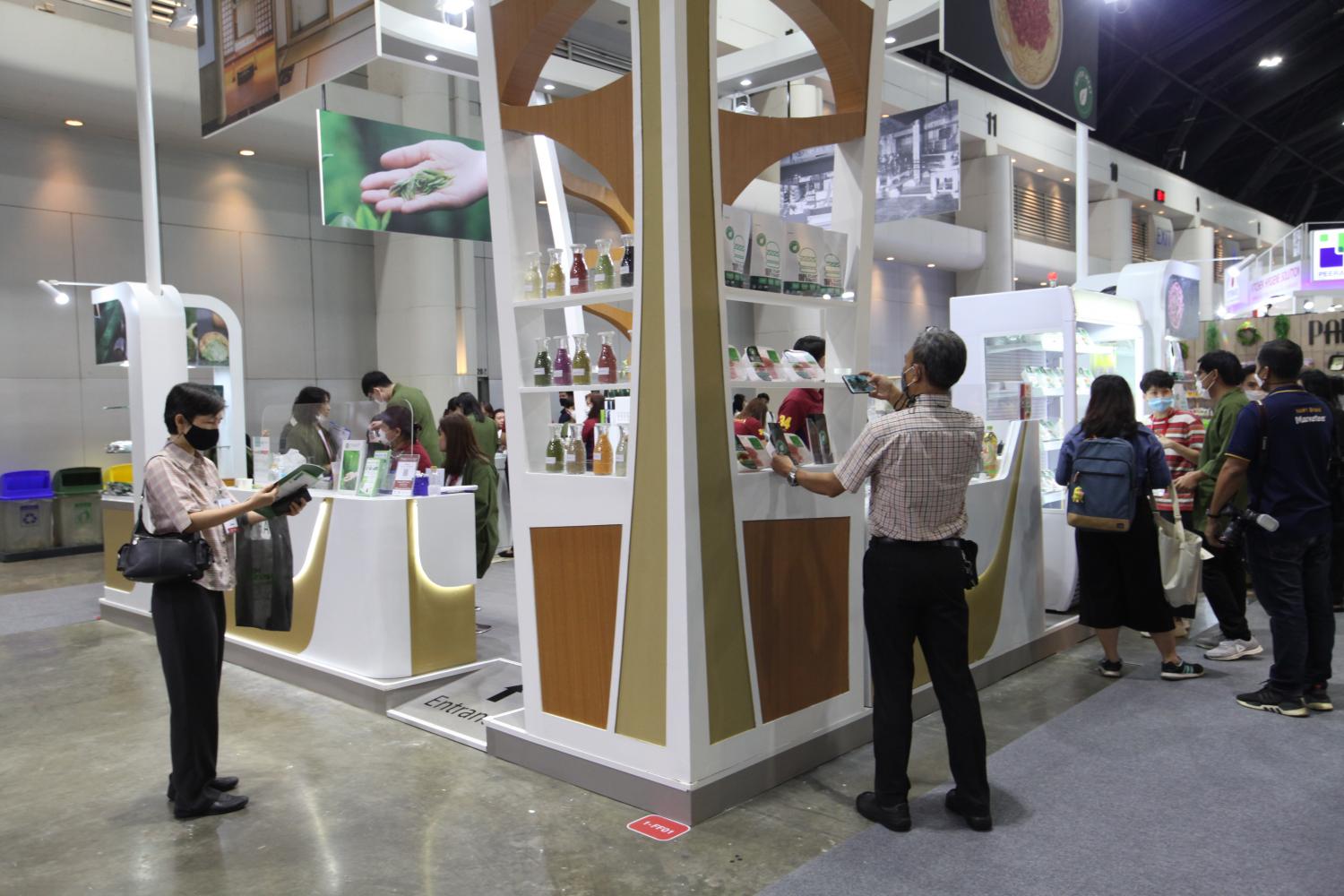June 2021
TICA
mice
UPDATE

Domestic MICE segment key to boosting business travel
The domestic MICE segment is anticipated to drive the industry for at least three years as international business travel remains stagnant, says TICA.
This article was originally found on Bangkok Post.
"Operators should focus on promoting domestic Mice events in the foreseeable future," said TICA president Sumate Sudasna.
The government must take a leading role in stimulating the volume of inter-provincial meetings and seminars with state agencies helping to mitigate the impact of the third wave, he said.
Meanwhile, the Thailand Convention and Exhibition Bureau recently relaunched its subsidy campaign of up to 30,000 baht for local operators including hotels, destination management firms, and corporate companies to help host events of at least 30 participants before Oct 31.
"This virus crisis does not compare with challenges we faced in the past such as the Gulf War or Sept 11 because it has ravaged every country," said Mr Sumate.
Mr Sumate said the overseas markets may gradually improve in the first quarter of next year at the earliest as there are still many uncertainties, including health concerns, flight availability and limits on physical activities as part of new practices.
Business travellers are different from the leisure market as they have to comply with company decisions and budgets for business trips can be cut at any time in cases of risk.
Long-haul Mice travellers from Europe will still likely make business trips within the EU first until mid-2022 to recover its economy and to avoid lengthy journeys.
If business travel resumes, some of the potential markets will consist of incentive groups from Russia and IT firms from Israel, he said.
Singapore is a corporate hub for global companies and its successful vaccination programme may attract more visitors, said Mr Sumate.
He said a successful vaccination programme is a key factor for travel in any part of the world, along with personal safety and hygiene. Mass vaccinations also need to be ramped up to communicate the country's readiness to welcome foreign visitors, he said.
Besides frontline workers, most people in Bangkok -- a gateway that welcomes most international arrivals -- have yet to be inoculated to create the herd immunity needed to ensure safety.



